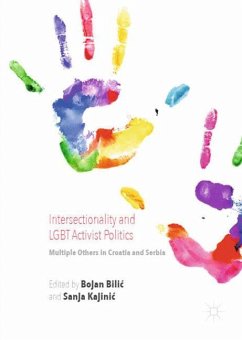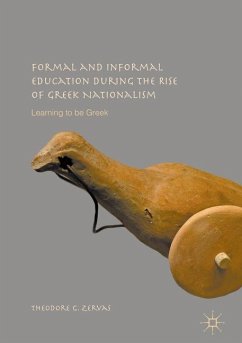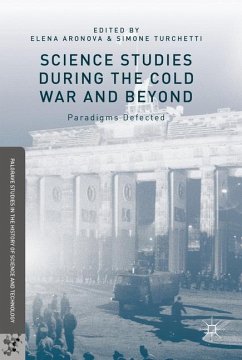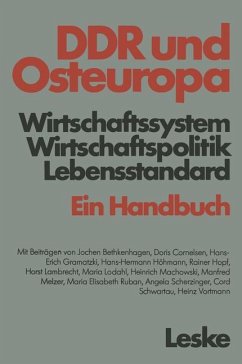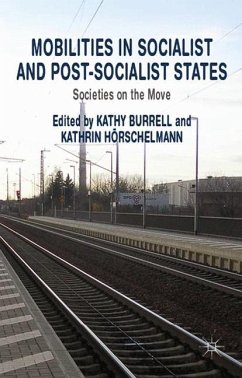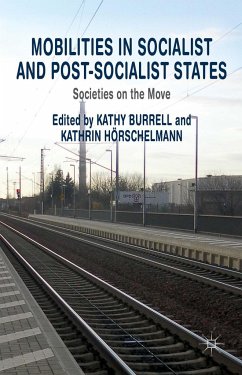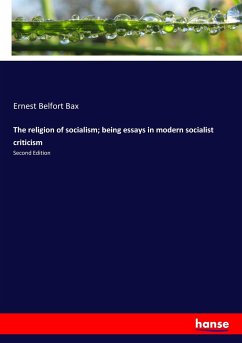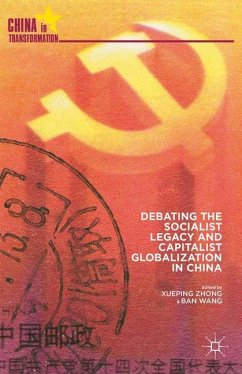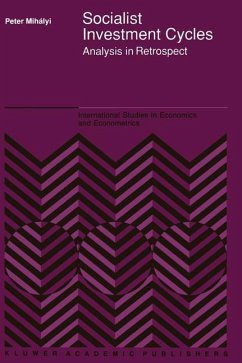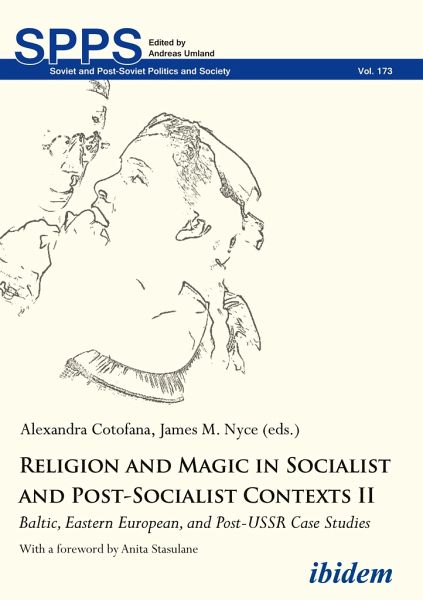
Religion and Magic in Socialist and Post-Socialist Contexts II
Versandkostenfrei!
Versandfertig in 6-10 Tagen
45,90 €
inkl. MwSt.

PAYBACK Punkte
0 °P sammeln!
Religion and magic have often played important roles in Baltic, Eastern European, and post- USSR societies like those in Russia, Romania, Serbia, Latvia, Kyrgyzstan, and Estonia. Taken together, the studies presented in this collection suggest that the idea that religion and magic are connected to each other in some consistent, universal way may be nothing more than a reminiscence from nineteenth century anthropology. Further, these studies challenge another part of anthropology's historical legacy: the idea that magic is something that modernity and modernization will transcend. Rather, these...
Religion and magic have often played important roles in Baltic, Eastern European, and post- USSR societies like those in Russia, Romania, Serbia, Latvia, Kyrgyzstan, and Estonia. Taken together, the studies presented in this collection suggest that the idea that religion and magic are connected to each other in some consistent, universal way may be nothing more than a reminiscence from nineteenth century anthropology. Further, these studies challenge another part of anthropology's historical legacy: the idea that magic is something that modernity and modernization will transcend. Rather, these studies suggest instead that magic is a form of work that brings modernity into being and helps render it intelligible to those who find themselves engaged in its creation.
This volume brings together historical (pre- and post-1989), ethnographic, and areal studies which look at the divergent roles of state, culture, society, tradition, and the individual in enactments of magic and religion. Assessing the role magic and religion have played in the countries of Eastern Europe and beyond before and after the Cold War, it is an absorbing read for scholars of anthropology and history as well as ethnology.
This volume brings together historical (pre- and post-1989), ethnographic, and areal studies which look at the divergent roles of state, culture, society, tradition, and the individual in enactments of magic and religion. Assessing the role magic and religion have played in the countries of Eastern Europe and beyond before and after the Cold War, it is an absorbing read for scholars of anthropology and history as well as ethnology.



